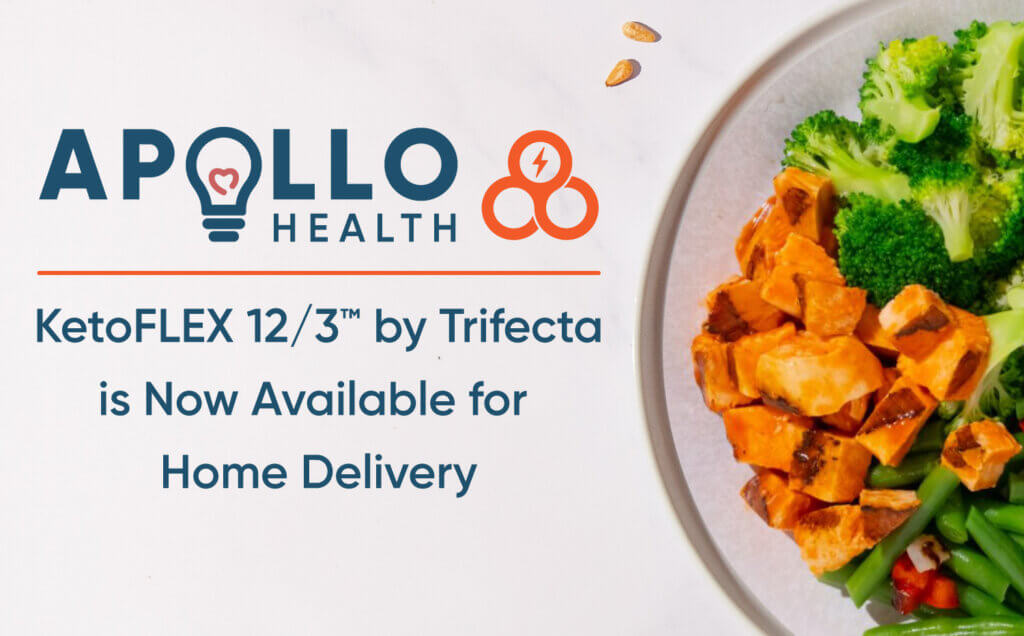News•April 17, 2025
Scylla or Charybdis?


By Dale Bredesen, M.D., Chief Science Officer for Apollo Health
Can you imagine spending your life as an airline pilot and then having the airline tell you that passenger safety is no longer an important goal? It would make you lose faith in the entire airline industry, wouldn’t it? Much as it pains me to say it, as someone who has studied medicine for 50 years, the medicine I learned, practiced, researched, and taught for decades often no longer provides, or focuses on, the best outcomes. What is truly remarkable is that the “evidence-based medicine” taught at academic centers of excellence ignores a great deal of evidence.
As one of many examples, yesterday I heard from a patient with early Alzheimer’s who had been seen at a leading university, where it was suggested that he receive lecanemab, an anti-amyloid antibody. But he is an ApoE 4/4 patient, and published research has demonstrated that those with ApoE 4/4 actually do worse than placebo when treated with lecanemab. Administering a drug, especially one with the major side effects associated with lecanemab, when it has been shown that it actually exacerbates the symptoms rather than ameliorates them, would typically be considered malpractice; and yet bias can be, and has been, purchased by large corporations with billions of dollars to gain by sacrificing outcomes for incomes.
There are hundreds more examples like this — denial of chronic Lyme’s very existence in order to legitimize rejections of reimbursement, denying the common contribution of biotoxins to cognitive decline, recommending that we not check our genetic status “because nothing can be done” (despite repeated evidence to the contrary), pushing drugs when personalized protocols have yielded superior outcomes, creating “false hopelessness” in so many patients, ignoring potential contributors to chronic diseases such as leaky gut, tick-borne pathogens, and various toxic exposures, telling patients that “diet is unimportant” despite overwhelming evidence to the contrary, ignoring published data, claiming that functional medicine is “quackery” (https://en.wikipedia.org/wiki/Functional_medicine ) despite thousands of positive outcomes, and on and on and on.
It is no surprise, then, that we increasingly search for more effective treatments than those offered by antiquated, prescription-pad medicine. When we can no longer trust our doctors, to whom do we turn? Doctors trained in the new medicine, health coaches, social influencers, and anyone who seems to offer optimal outcomes. Unfortunately, this has often led to unproven and even dangerous practices and scams. Some people will believe that a “special water” will cure Alzheimer’s, and some people will buy cryptocurrency from Hawk Tuah girl — questionable practices abound, and so it is crucial that we establish trustworthy sites to identify best practices, and call out failing and suboptimal ones.
Of course, this is exactly what should be ongoing at major academic medical research centers — and I hope that someday it will. There should be a department set up to provide honest evaluations (i.e., not based on pharma support or potential for grant support or potential for tenure or potential for presentation at your society’s annual meeting, etc.) of every promising new approach — from plasma exchange for microplastics (what effect does it have on cognition?) to various wavelengths and frequencies of photobiomodulation to different stem cell approaches and sites (is intranasal most effective?) to which peptides are optimal to whether the “ApoE4-negating” drug candidate fulfills its promise to whether mitochondrial transfusions are effective to the hundreds of other encouraging novel therapeutics. In this remarkable era of progress in the evaluation and treatment of cognitive decline and other neurodegenerative conditions, we are caught between “experts” who are not focused on optimal outcomes and influencers who are selling unproven (and often worthless) nostrums. It is more important than ever that we marry innovation and open-mindedness with accuracy and veracity.





